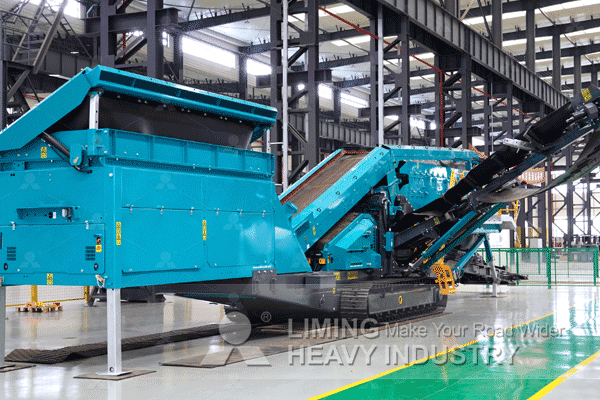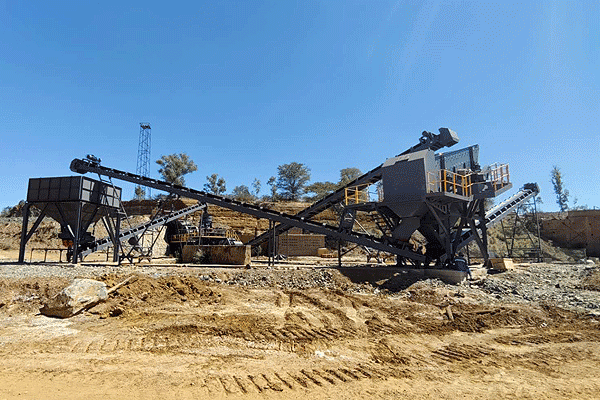100-150 TPH Mobile Crusher Plant for Basalt Processing
Introduction to Basalt Crushing
Basalt is a dense, hard volcanic rock commonly used in construction due to its durability and resistance to wear. Crushing basalt efficiently requires robust machinery capable of handling high abrasiveness. A mobile crusher plant with a capacity of 100-150 tons per hour (TPH) is an ideal solution for contractors needing flexibility and productivity on-site. Unlike stationary plants, mobile units allow quick relocation, reducing transportation costs and downtime.
Key Features of a 100-150 TPH Mobile Crusher Plant
A well-designed mobile crusher plant for basalt should include:
- High-capacity jaw or impact crusher: Ensures efficient primary crushing.
- Vibrating feeder: Prevents material jams and ensures smooth operation.
- Conveyor belts: Facilitate seamless material transfer between stages.
- Diesel-electric hybrid power option: Enhances fuel efficiency in remote locations.
- Compact design: Allows easy movement between job sites without disassembly.
These features ensure optimal performance while maintaining mobility and durability in harsh conditions.
Advantages Over Stationary Plants
Mobile crushers offer several benefits compared to fixed installations:
- Portability: No need for permanent foundations; ideal for temporary projects.
- Reduced logistics costs: Crushing on-site minimizes material transport expenses.
- Quick setup time: Operational within hours instead of weeks like stationary plants.
- Adaptability: Suitable for urban construction sites with limited space constraints.
For contractors handling multiple projects, mobility translates into significant cost savings and operational efficiency gains over time.
Optimizing Performance for Basalt Processing
To maximize output while processing basalt:
- Use wear-resistant liners in crushers to extend component lifespan under abrasive conditions.
- Adjust settings based on feed size—larger rocks may require slower speeds but higher torque.
- Regularly inspect screens and conveyors since basalt fragments can cause accelerated wear.
- Implement automated monitoring systems to track production rates and detect malfunctions early.
Proper maintenance ensures consistent throughput while minimizing unexpected downtime caused by excessive wear or blockages.
Environmental Considerations
Modern mobile crushing plants incorporate eco-friendly technologies such as:
- Dust suppression systems that reduce airborne particles during operation.
- Low-emission engines compliant with international environmental regulations.
- Noise reduction measures like soundproof enclosures when working near residential areas.
These features help contractors meet sustainability goals while complying with local regulations governing dust control and emissions standards.
Conclusion:
Investing in a reliable 100–150 TPH mobile crusher plant tailored specifically toward basalt processing provides contractors versatility without sacrificing productivity or durability—whether operating quarries or demolition sites requiring frequent relocation capabilities alongside high-performance crushing results efficiently achieved through proper maintenance practices combined with advanced technological integrations ensuring long-term profitability alongside environmental responsibility compliance requirements fulfillment seamlessly integrated within daily operations workflows successfully executed every time reliably so across diverse project scopes worldwide today tomorrow beyond sustainably managed always moving forward confidently together stronger than ever before now ready whenever needed most urgently demanded situations arise unexpectedly suddenly too often unfortunately sometimes yet still manageable nonetheless regardless thankfully available solutions exist fortunately indeed!
